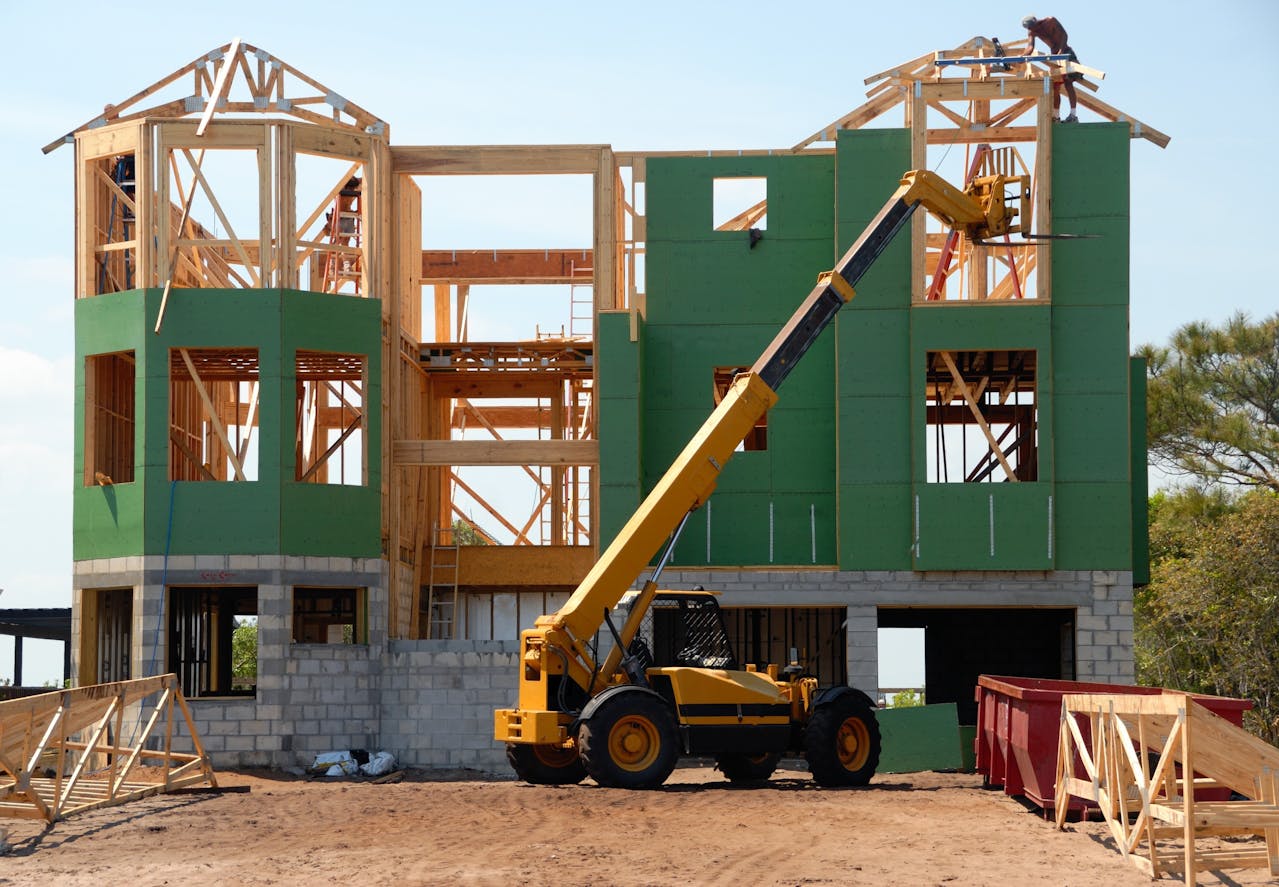Working with a local commercial property development company offers numerous benefits, especially in the context of nuanced market dynamics and regional regulatory landscapes. Local developers bring a depth of market-specific knowledge and networks that can significantly enhance the value and success of a commercial real estate project. Here are key advantages:

1. In-Depth Local Market Knowledge
Local developers have a deep understanding of the specific commercial real estate market, including consumer behavior, demand patterns, and competitive landscape. This insight is invaluable for tailoring your project to meet local needs and capitalize on market opportunities.
2. Established Relationships and Networks
Local Authorities and Regulatory Bodies: Local developers often have established relationships with city planners, zoning committees, and other regulatory bodies, which can facilitate smoother approval processes and insights into future urban planning initiatives.
Vendors and Contractors: Access to a trusted network of local contractors, suppliers, and service providers can ensure quality workmanship and potentially better pricing due to long-standing relationships.
Leasing and Brokerage Networks: Strong ties with local leasing agents and brokers can expedite the leasing of your developed property, tapping into pre-existing demand within their networks.
3. Expertise in Local Regulations and Zoning Laws
Navigating the regulatory environment is critical for any development project. Local developers bring expertise in regional zoning laws, building codes, and compliance requirements, reducing the risk of costly delays or legal challenges.
4. Community Integration and Reputation
Community Ties: Local developers are often more invested in the long-term well-being and development of the area, which can lead to projects that are more considerate of community needs and impacts.
Reputation: A local developer with a positive reputation in the community can lend credibility to your project, facilitating community acceptance and support.

5. Customized and Flexible Solutions
Understanding the nuances of the local market allows local developers to offer more customized solutions that are aligned with specific project goals and market demands. Property developers who are knowledgeable and active in the local municipality is an important factor. They understand and interpret the local land use ordinance as well as navigate the most efficient manner to submit the business requirements to local government.
6. Economic and Social Impact
Working with a knowledgeable property developer not only supports the local community and its economy but also resonates with those who are intricately involved with local development authority. Further, it contributes to the social fabric of the community by creating jobs, enhancing local infrastructure, and potentially providing needed services or amenities.
7. Efficient Project Management
Local developers can provide more hands-on, day-to-day management and oversight of your project, ensuring that timelines, budgets, and quality standards are met. Proximity allows for quick responses to issues and more personal involvement in the project’s success.
8. Risk Mitigation
Familiarity with the local economic climate, real estate trends, and potential market risks allows local developers to anticipate challenges better and devise strategies to mitigate risks associated with the development process.
Ending —
Partnering with a local commercial property development company offers strategic advantages through their market insight, established networks, and expertise in navigating local regulations. Such collaboration and cooperation leads to projects that are not only successful from an economic perspective but also involve local and community investment in factors that enhance local business and consumer participation. When selecting a development partner, considering their local knowledge, reputation, and commitment to community integration can be as crucial as assessing their technical capabilities and financial stability.